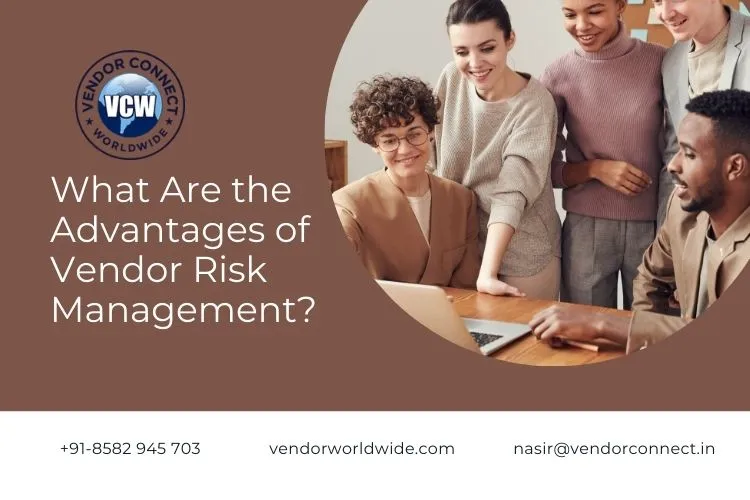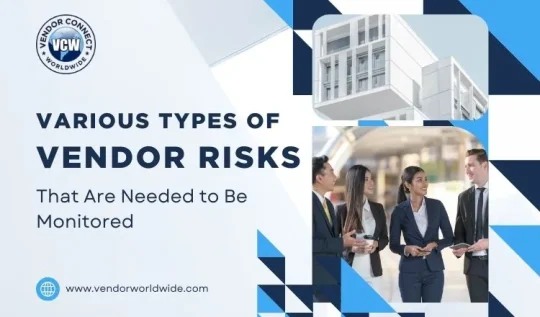
Vendor risk management may seem complex to ordinary individuals, but it can benefit your business if executed properly. You must complete vendor registration to ensure you have all the information from your suppliers. Vendor risk management is an indispensable aspect of your business that must be conducted with utmost care and attention to detail.
However, it is risky, as getting confidential information from vendors is not easy. But once it is used, it can provide many benefits. In this article, we will get to know them in detail. Are you ready?
Advantages of Vendor Risk Management
Reduce cost and time as well
Make sure you put up a centralized approach when defining your VRM program. A centralized vendor relationship management program is designed and managed to make all data easily accessible to your organization’s people, not just those who handle vendor relationships. Your vendor risk management program must involve people from various departments, including purchasing, accounting, legal, IT, finance, and procurement. Everybody ought to have a part in organizing and categorizing your suppliers. Over time, centralizing the process of maintaining your VRM program can help you save money and effort.
Centralized vendor information
Contracts, compliance papers, assessments, and performance records are just a few of the many types of vendor data that are effectively managed by the VRM software, which operates as a complete and centralized repository. The organization’s entire vendor-related information management and access procedure is streamlined by this single database, which increases productivity and ease of use.
Risk Identification and Assessment
With vendor risk management (VRM), businesses may proactively and methodically identify, evaluate, and rank the risks associated with their vendors. It gives companies all the tools they need to conduct thorough risk assessments, analyze vendor controls, and rate risks according to essential criteria, including compliance, financial stability, and overall significance. Organizations can safely manage vendor relationships and reduce risks with VRM, ensuring long-term success.
Compliance and regulatory adherence
Regulations about vendor ties apply to a wide range of sectors. Firms can guarantee complete adherence to all pertinent legislation and standards by implementing vital Vendor Relationship Management (VRM). Organizations may confidently reduce the risks of fines, penalties, and reputational harm by managing vendor compliance proactively.
Operational resilience
Organizations must take vendor-related disruptions seriously. That’s why VRM (Vendor Risk Management) is crucial to building resilience. Organizations can mitigate supply chain disruptions by diversifying vendors, establish hing contingency plans, and monitoring performance. With VRM in place, businesses can ensure business continuity with confidence. But before implementing this process, you need to do your company vendor registration to get the maximum benefit out of it.
Improved decision making
VRM gives organizations valuable insights into vendor performance, risk exposure, and compliance status. With the help of cutting-edge data and analytics, businesses can confidently make informed decisions about vendor selection, contract negotiations, and risk mitigation strategies. This leads to better outcomes and significantly reduces uncertainty, positioning your organization for success.
These are some of the advantages of vendor risk management in your business.





